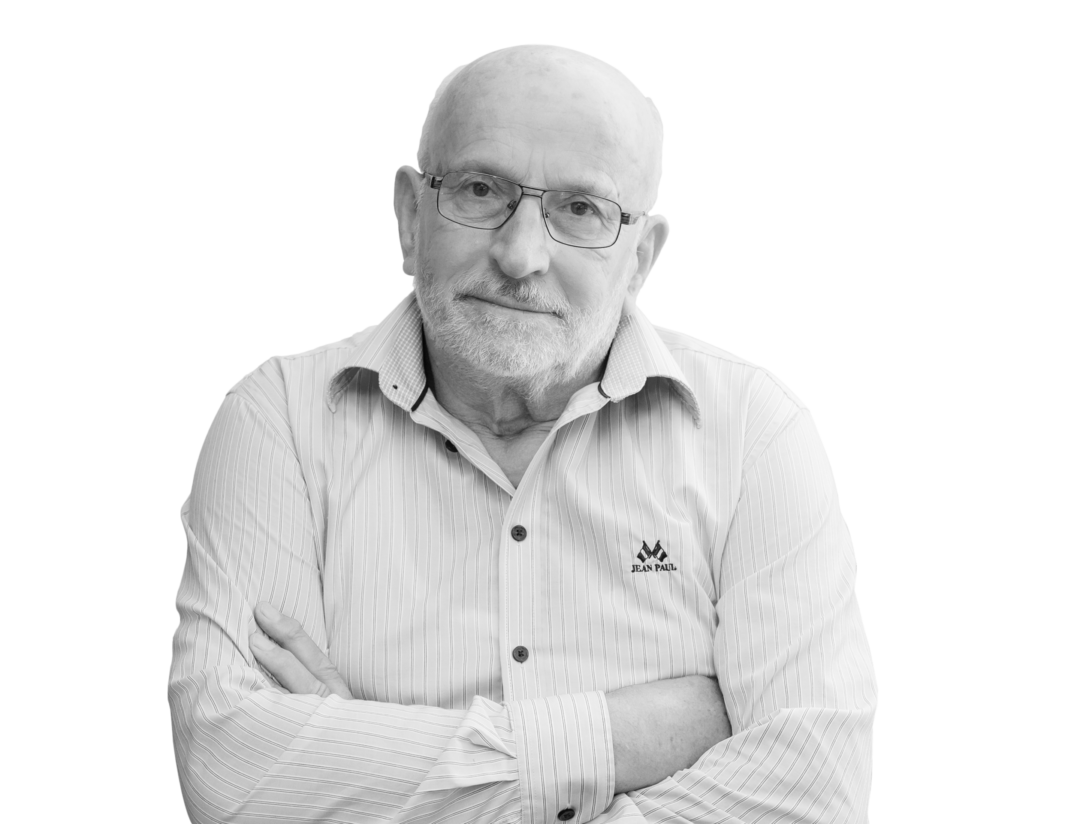By: Borut Korun
Three days before this year’s Reformation Day, the government organised a celebration dedicated to the memory of this important period in our history. The keynote speaker was the Minister of Culture.
Leftists have a problem with national holidays. Especially when they have to organise them. A national celebration marks an event, an anniversary or anything that glorifies and celebrates the Slovenian nation state, something that has never been their intimate option. Even the speech of Minister Asta Vrečko could not hide the emptiness of content, clichés, and even obvious mistakes. She had to say something she does not believe herself. Because the mantra of leftists is that we Slovenes were created in the 19th century (for example, in Gorazd Kovačič’s book When We Were Not Slovenes). Now it was necessary to talk about our language, which was already written in the 16th century!
Let’s look at some sentences from her speech that clearly demonstrate this embarrassment.
Already in the introduction, in order to avoid using the term “Slovenian language”, the minister used the phrase “Slovenian vocabulary”, as if talking about a dictionary, where a “vocabulary” is just a set of words. If we say, “Slovenian vocabulary”, there is no trace of that deeper, emotional undertone, what we feel under the words “mother tongue”. Slovenian, our mother tongue, which we were able to write thanks to religious reformers, is the most characteristic attribute of us, Slovenians, who cannot boast of a great history.
Dr Asta Vrečko recognised a 16th-century democrat in Trubar: we are aware of the importance of democratic principles, which the reformers began to introduce…
Well, Martin Luther declared quite undemocratically that “rebellious peasants must be killed like dogs”. Protestantism spread mainly among the upper social classes. Trubar certainly loved his “beloved Slovenes” and certainly also the Slovenian peasant class, even though it was the peasants who were the least eager for the new form of Christianity, for its “purification”. He belonged to the “Augsburg faith”, so he was a follower of Luther, but he would not have said the same thing about the peasant rebels as Luther did. But there is no need to attribute some democratic intentions to him.
“We celebrate Reformation Day because in the ideas of the Reformation… we recognise ideas that are still close to us today.” I do not know who wrote the minister’s speech, maybe she wrote it herself, but she should have been told that the Protestants were no more liberal or advanced as the Catholics of the time. Rather the opposite! Luther attacked not only the rebellious peasants, but also Copernicus, who discovered in 1507 that the Sun does not revolve around the Earth, but the other way around. And by the way – Copernicus, who caused the “Copernican revolution”, was and remains a Catholic priest.
According to Asta Vrečko’s line of thought, Protestant writers “through translation enabled access to religious and secular texts that used the language we know today as Slovenian”.
Negation of the historicity of Slovenia again! Trubar spoke and wrote Slovene, and this does not need to be recognised now. But leftists cannot accept the fact that it was self-evident for Trubar and other Protestants to write for Slovenes and in the Slovene language. (Today it is proven that the Freising manuscripts, half a millennium before Trubar, were also written in the Slovenian language.)
Trubar loved his Slovenes, but that is precisely why he wanted to convert them. It was about faith! It was a matter of purging everything that had unnecessarily accumulated in Catholicism. So thought the reformers. In order for the changes in the religious system to be understood by as many people as possible, the Protestants began to write in the Slovenian language, they wrote a Slovenian grammar, translated the Bible… It is to the credit of the Protestants that we became a nation in the true sense of the word, and we must be grateful to them for that. That is why we celebrate Reformation Day. But this was still only the “added value” of their religious efforts. Of course, their merits are no less due to this.
“When the printed book appeared in Europe during the Reformation” …
Wrong, Mrs. Vrečko! Printing was invented by Johannes Gutenberg, who was born in 1400 and died in 1468, and the Reformation officially began in 1517. It was certainly the other way around, the ability to print books made the Reformation possible, but the reformers did not invent printing, as suggested by Mrs. Minister.
Comrade Vrečko’s speech could not, of course, be without politics. It was not without the absurd connection of “writing down the Slovene vocabulary”, which was supposed to be “an act of courage by protecting marginal groups and their rights”.
Everyone should develop and express their opinion “with confidence and without fear” and that it is essential to provide a “space of freedom”, said a member of the party, which is also led by comrade Miha Kordiš, who is ready to fight for “freedom” even with bayonet.

